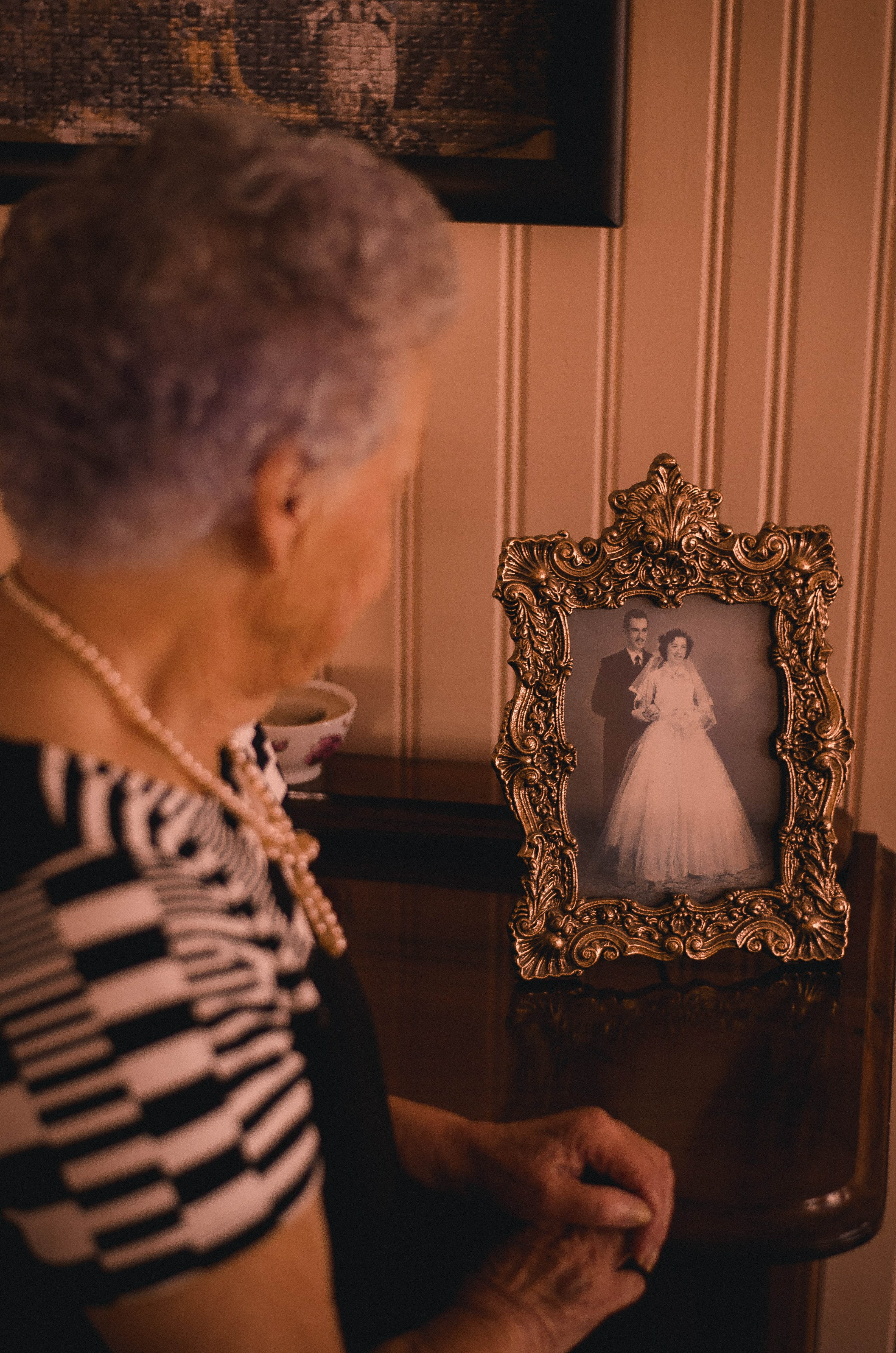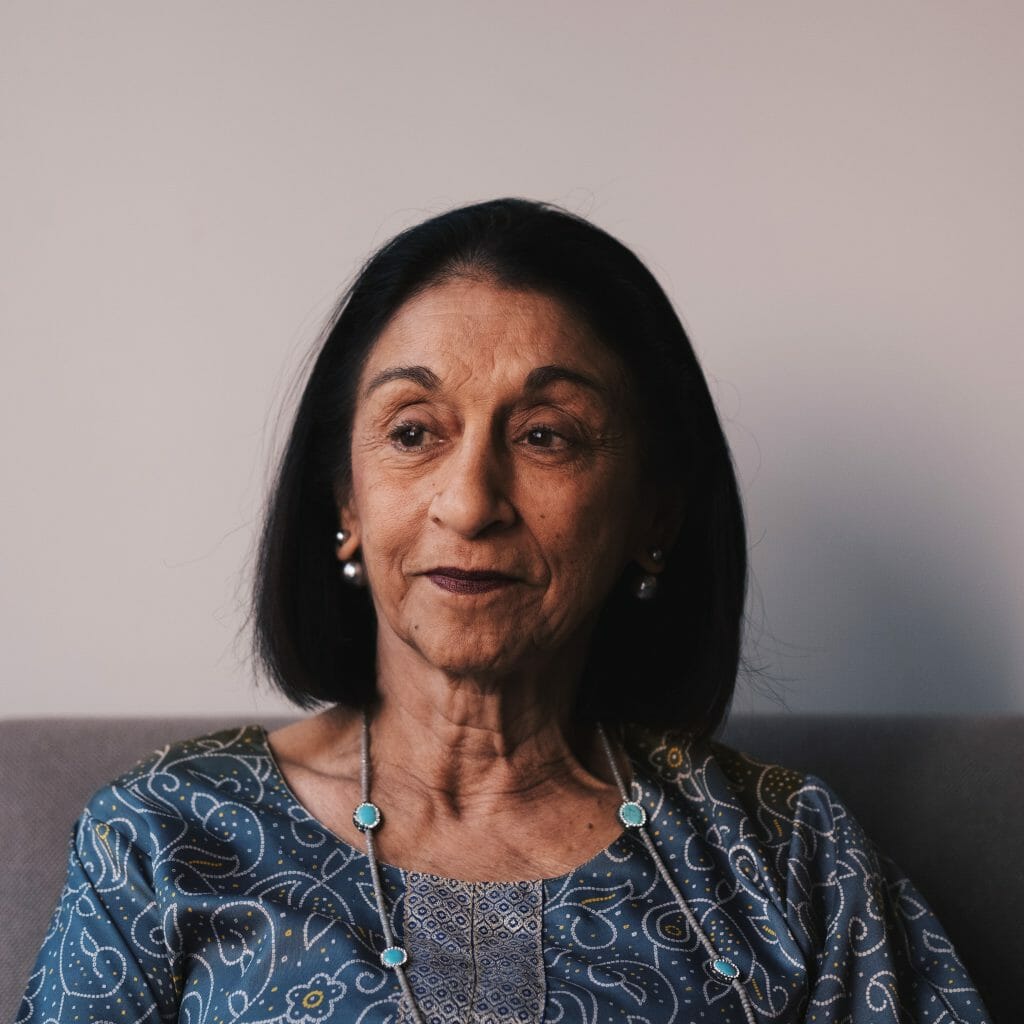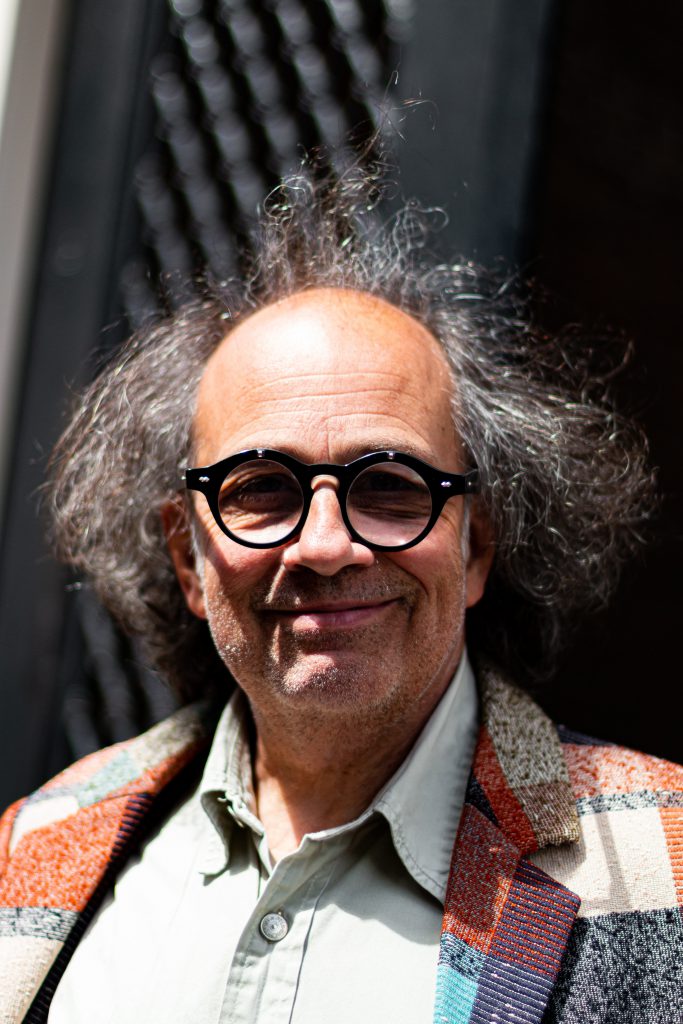Religion and Spirituality

“Norm passed at a time that I expected would be a turning point in our relationship. He had just turned 50. The spring before Norm passed, my mother-in-law had passed away. We had a substantial role in her care, and we felt that it was now our time to focus on each other. Well, that didn’t work out. The church was essential in overcoming this difficult time. Norm and I had always been heavily involved in the church, so it was comforting to be surrounded and supported by people that knew our circumstances. Involvement in the church also gave me something meaningful and familiar to do to fill the empty space. I went to church regularly on Sundays, was the treasurer of the church women’s group, and planned many fundraisers. The church was such a constant in my life that anytime I got in the car and wasn’t paying attention I wound up driving to church.”
– Betty
Older adulthood can be a time of pain and hardship as we deal with personal health issues, leave a beloved home, or say goodbye to loved ones. However, it can also be a time of joy and greater appreciation and peace than ever before. Suffering and joy are seen by many as two sides of the same coin – we can only experience one with a knowledge of the other. Occupational therapists are educated to appreciate and make relevant the spiritual nature of everyday activities.
What is Spirituality?
Spirituality is ultimately personal. For some of us, it’s intimately tied to religion, while for others, it lies outside of formal beliefs or practices. Two issues are commonly understood as important parts of spirituality: connection and meaning.
Connection is generally considered on three levels: connection with ourselves, connection with others, and connection with all of creation.
These connections are often lived out and given meaning in our daily activities. We learn about and develop ourselves by engaging in activities that are particularly interesting or important. For example, some of us may follow politics, test recipes, or tend a garden and experience a sense of contentment and growth through the process. Through these valued activities, we connect with others. We may sing in a choir, discuss important regional issues with our neighbours, share recipes, or advise others on planting. Through valued activities, we may also connect with larger parts of creation, timelessness, or our conception of the Creator. For example, we may play or enjoy music from other times or places, share recipes handed down from grandparents or, as others who have worked the land, marvel at the beauty and tenacity of butternut squash.
The activities and connections we value arise from who we are, where we have been, and what we want to do with our lives. When illness interferes with these activities, we may feel a loss of connection and meaning. Occupational therapists are educated to help us engage and re-engage with valued activities that contribute to finding connection, meaning, and joy.
Occupational Therapists Can Help Us Reconnect with Meaningful Activities
Meaningful activities can be disrupted by a major life change such as retirement, or an important change in health.
An occupational therapist can help you find new ways to do a meaningful activity; by changing the activity, involving new equipment, or seeking helpers. To help re-establish meaningful activities, an occupational therapist will begin by getting to know you, your valued activities, hopes, and concerns. Occupational therapists will get to know how you perform these activities in connection with others, and the meaning they hold. Alternatively, an occupational therapist may help identify new activities to maintain connection, meaning, and joy in your life.
An occupational therapist can also work with community groups, businesses, or regions to create community-based activities that are more welcoming and manageable for older adults, particularly those experiencing disabilities. For example, occupational therapists at the Four Villages Community Health Centre in Toronto worked with older adults to promote community changes that facilitated better mobility and safety.
When Spiritual Issues Require Expert Help
Occupational therapists learn to consider spiritual aspects of connection and meaning as they relate to personally valued activities. Some people who have difficulty engaging in their personally valued activities experience depression. If you feel this describes your situation, it is a good idea to speak with your family doctor or nurse practitioner.
Other people may be thinking more about issues related to their religious beliefs. They may be struggling with feelings of guilt or shame. In these situations, it’s a good idea to speak to a religious leader or a pastoral care worker.
How an occupational therapist can help
Meaningful activities can be disrupted by a major life change such as retirement or widowhood, or by an important change in health.
 |
What I found the hardest, was seeing that I couldn’t look after my husband. He was sick, well after all, he’s 96 years old, but he isn’t confused at all. Anyway, I find that, I found that the hardest, to not be able to look after him because of my Parkinson’s. I told myself ‘It’s like I’m grieving.’ – Mrs. Patel
|
|
It has been hard to create new work routines. Maybe I should call it life routines…[For] 25 years I knew what ruled me and what I ruled. And I was very pleased and life rolled on. But now – to find new life discipline to do the things I want and have imposed on myself to do takes time and I’m not sure if I’m ready for that yet. – Jon, a newly retired man
|
 |
I had a patient who went to daily mass before his stroke. He had stopped because he was so afraid he would drop the Eucharist because his hand did not work as well as before. We practiced the action, then did a community reentry session to daily mass. That was quite a beautiful event.
I went to a ritual bath with a patient. We enabled him to go down the stairs, into the bath, up again, and get dried off. These were some very physical things, but very meaningful for him. If we hadn’t addressed the bath he would have accepted not addressing it, but we would have lost opportunities for good rehab within the context of who he is.
—Both from Larry, occupational therapist
Thompson, K., Gee, B. M., & Hartje, S. (2018). Use of Religious Observance as a Meaningful Occupation in Occupational Therapy. The Open Journal of Occupational Therapy, 6(1), 10.



